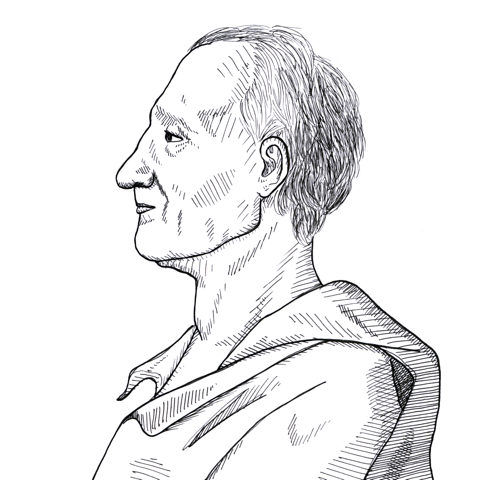
Montesquieu was fascinated by the liberty which was enjoyed in England, which he attributed to security of person and the rule of law (1748)
Found in: Complete Works, vol. 1 The Spirit of Laws
Montesquieu was fascinated by the liberty which was enjoyed in England, which he attributed to the sharp separation of political powers:
Politics & Liberty
The political liberty of the subject is a tranquillity of mind arising from the opinion each person has of his safety. In order to have this liberty, it is requisite the government be so constituted as one man need not be afraid of another.
When the legislative and executive powers are united in the same person, or in the same body of magistrates, there can be no liberty; because apprehensions may arise, lest the same monarch or senate should enact tyrannical laws, to execute them in a tyrannical manner.